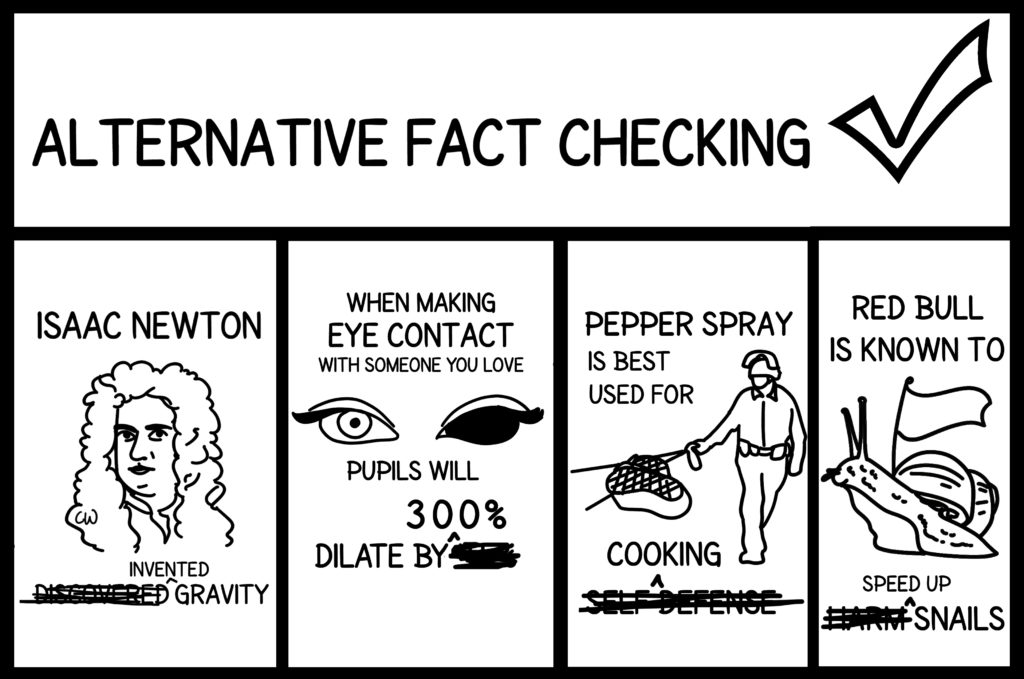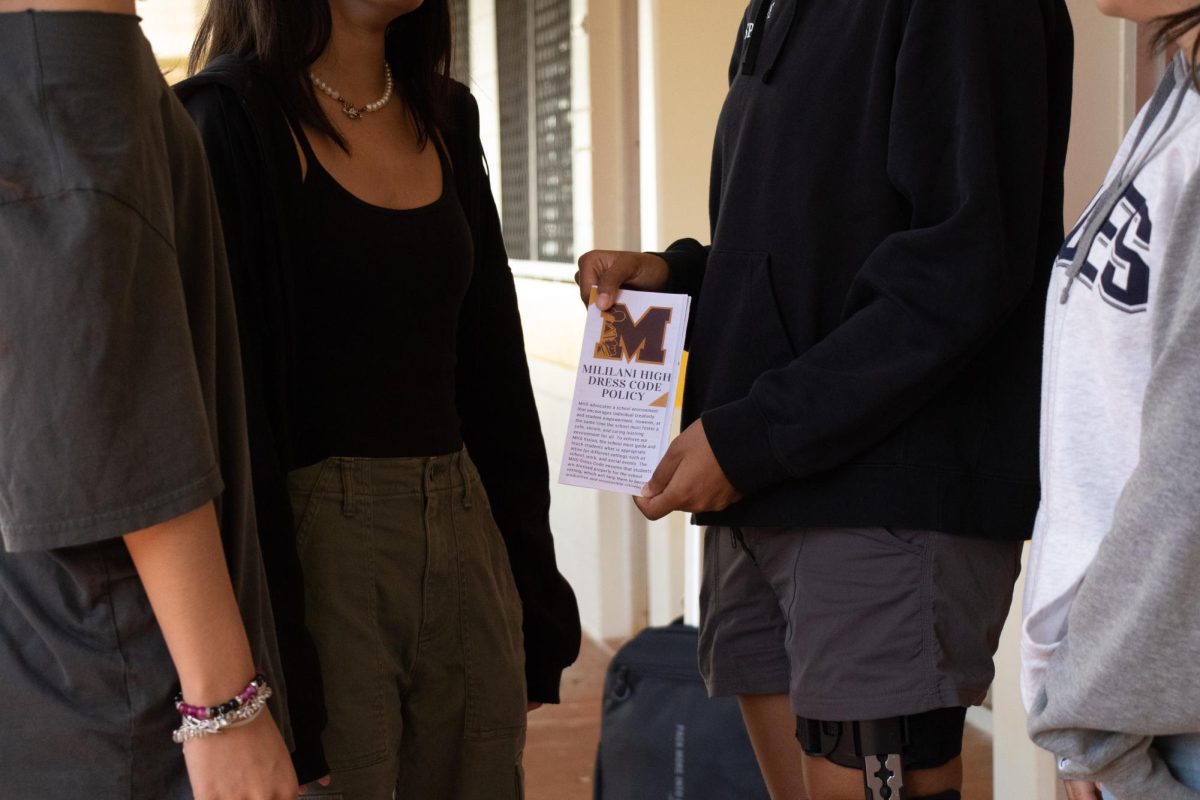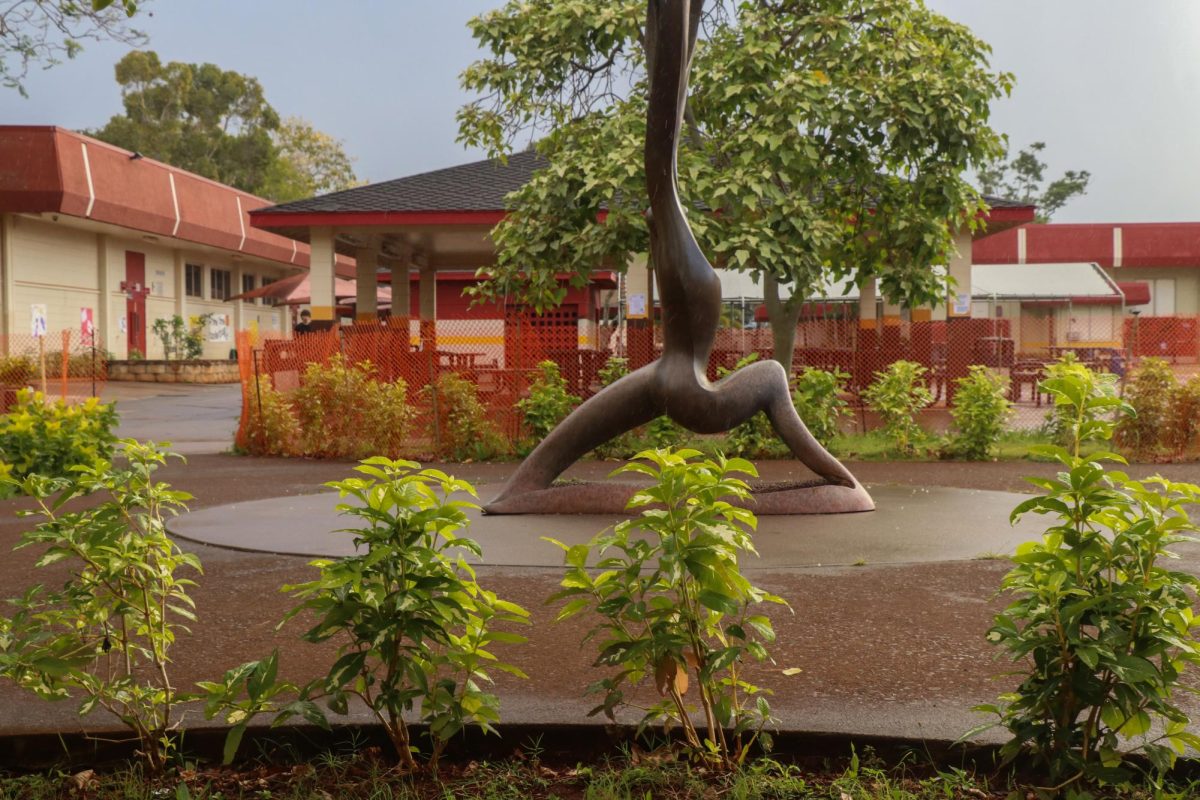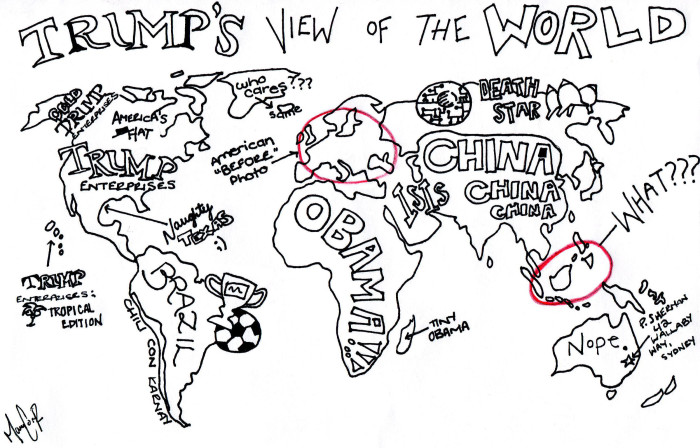By Mary Conner
[email protected]
When it comes to news, information is at the hands of journalists looking to pro- vide truth to the open eyes and ears of the public. “Fake news” has become a topic of widening interest with President Donald Trump’s recent outburst on the mat- ter, as he refused to answer CNN reporter Jim Acosta at a press conference on Jan. 11 because of his impulsive decision to label the network as “fake news.” As a rough definition, fake news may be websites and other publica- tions that deliberately publish false information, hoaxes, propaganda, etc. in order to attract attention to a certain topic. Whether these fictional news stories are spread on grounds of irony, traffick-ing income or to aide some kind personal agenda, it has marred the news industry. The most objective medium of information is being deval- ued at the tiny hands of the most powerful man in the world; a person who should hold the respect and sophisti- cation that accompanies this power.
“It’s just unfortunate that the most powerful person in the world is trying to dele- gitimize journalism and an organization that plays such a vital role in our democracy,” said CNN’s top executive, Jeff Zucker in an interview with New York Magazine. “I think the era of access jour- nalism as we’ve known it is over.”
Though fake news is a legitimate thorn in the side of the news industry, let’s look at some examples: After win- ning the election, but losing the popular vote, a claim was made that Trump won the popular vote if the “millions of people who voted illegally” were deducted from the re- sults; the consensus of those who oversaw the election and polls was that the amount of voter fraud in 2016 was next to none. In March of 2016, a story was released claiming that a Trump protester who charged him at a rally was a member of ISIS; there was no evidence to prove that he had any ties to the terrorist group or any political move- ment, whatsoever. On Feb. 2, a story was published with a headline that read, “Kuwait issues its own Trump-esque visa ban for five Muslim- majority countries.” This story was found false after a Pakistan embassy official made a statement claiming, “There has been free move- ment of citizens between Pakistan and Kuwait for the last 10 years. There is no truth in the reports that Ku- wait has banned our citizens (from entering the country).” What do these stories have in common? They’ve all been created or publicized by President Trump himself. Fake news stories such as these are exactly the problem, not stories that fail to satisfy Trump’s need for constant positive feedback from the general public. His belittling has failed to subside, as he tweeted out “Any negative polls are fake news, just like the CNN, ABC, NBC polls in the election. Sorry, people want border security and ex- treme vetting,” after it was re- ported that Trump’s approval broke a record low at only his second week in office.
No, President Trump, negative polls are not fake news. Polling is a mathemati- cal endeavor that roughly proves the shared opinion
of the mass majority of the American public, and while imperfect, the analysts of the polling process work hard
to accurately represent the views of the people. The false articles, websites, reports, with exaggerated stories that lean towards bias are noth- ing more than propaganda and are exactly what gives Trump a platform to make such claims. But holding such a considerably low ap- proval rating as President of the United States (POTUS) does not give a man in such power to belittle and dis- credit mainstream media in
a way that mimics a toddler tattling on their sibling. In him doing so, raw journal- ism is subjected to slanderous claims and a reputation that lacks available room for trust from the public.
The political call outs have struck a nerve within the news industry, as main- stream networks are jointly affected by this epidemic of propaganda, bias, and false reported information. After the conference where Trump confronted Acosta, Fox News’ Shepard Smith made a statement about Trump’s outburst on behalf of CNN. Fox’s support was an indirect call to arms for journalists to take action against fake news and the outlandish allega- tions made on the industry. Though the subject is now in the spotlight, there’s no doubting that the path for- ward for raw media is going to be nothing short of rocky.
The concept of false infor- mation and spread rumors is nothing new, but somehow what’s happening now feels rather different. The digital world we live in now has cre- ated a perfect environment for false news to flourish, and there is all to be done about it. Journalism, even at the high school level, has become a greater necessity now that Donald Trump is POTUS. The 2016 election stirred controversy on topics that held potential threat to civil and individual rights, and for the younger generation, it is important to be aware of these risks and issues burden- ing politics. It has become a necessity for publications to search for the truth in this current state of risk for the industry.
Though the future for journalism may seem dire, this monumental shift in awareness and involvement within the media has only strengthened the motive for journalists; it is important now more than ever for jour- nalists to uphold the might of integrity that keeps the medium alive. News is all for naught if the information is not credible or valid. Keeping the public informed of the truth when journalistic cred- ibility is at risk is more than a job, it’s a responsibility.






